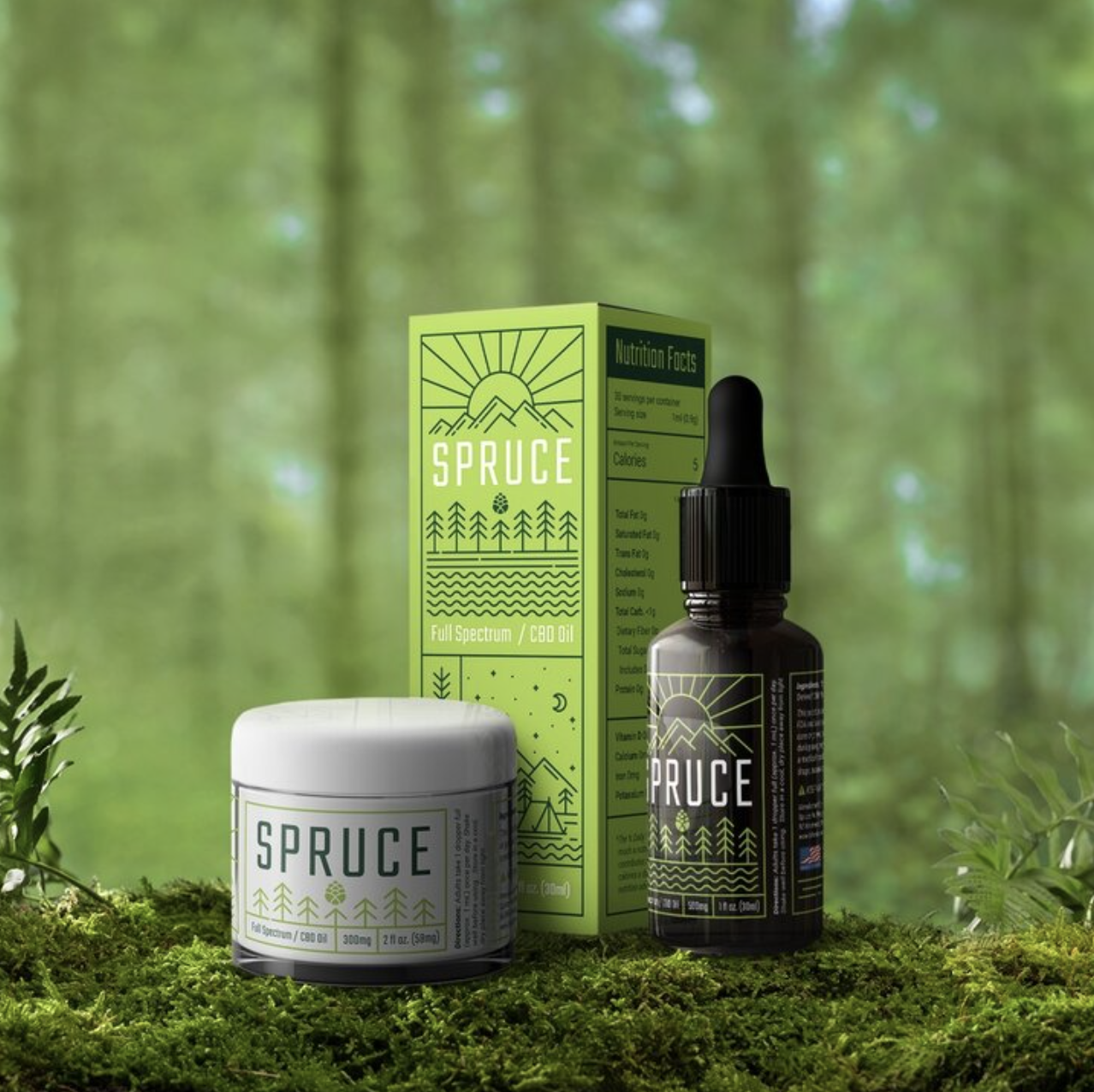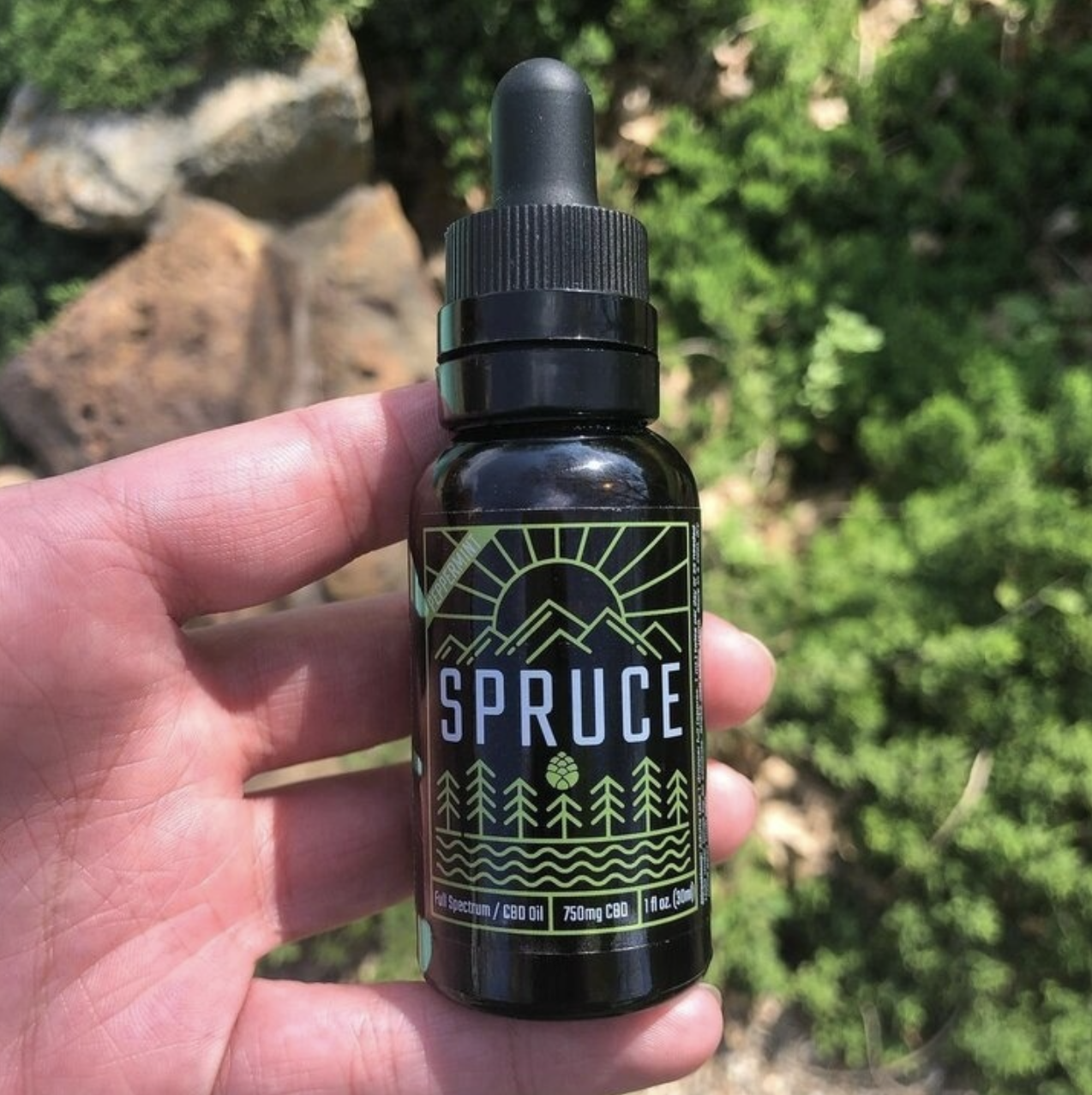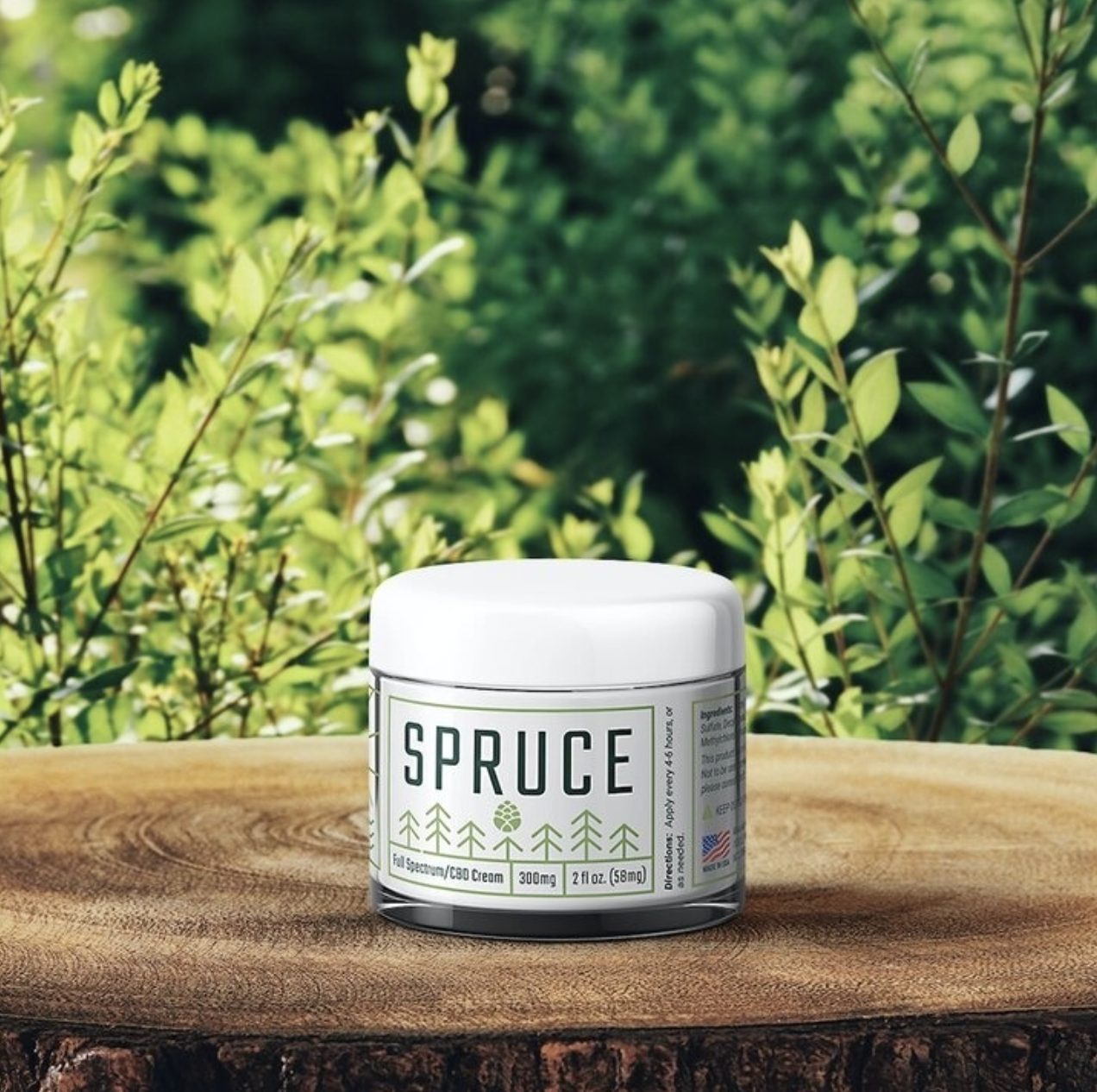Will Health Insurance Pay for CBD Oil? Complete 2024 Guide
CBD typically comes with a high price tag, with a 1-ounce bottle of quality CBD oil easily costing well over $100, and, understandably, many people wonder, “Will health insurance pay for CBD oil?”
Sadly, many are disappointed to find that the answer is often no. Despite its growing popularity and potential health benefits, most insurance companies don’t cover CBD oil.
Understanding why this is the case, exploring potential exceptions, and learning how to manage the cost of CBD oil effectively can help you make informed decisions about incorporating CBD oil into your daily life.
Does Insurance Cover CBD Oil?
In most cases, insurance does not cover CBD oil due to its classification and the lack of FDA approval as a prescription medication.
Why CBD Oil Is Not Covered
Let us further explain why the answer to the question “Is CBD covered by insurance?” is usually no. Although hemp-derived CBD oil differs significantly from marijuana, which contains high levels of THC, it remains in a complex legal gray area that impacts insurance coverage.
Marijuana is still classified as a Schedule 1 drug under the Controlled Substances Act, which labels it as having a high potential for abuse and no accepted medical use. This classification creates a significant hurdle for the insurance industry because products associated with Schedule 1 substances are generally excluded from coverage.
Additionally, while the 2018 Farm Bill legalized hemp-derived CBD at the federal level, several states have laws restricting its purchase and use, leading to inconsistent regulation across the country. This legal inconsistency makes it challenging for insurance companies to offer coverage confidently.
Another reason CBD oil is not covered is that it is not a prescription drug. Most health insurance plans only cover medications that are prescribed by a doctor and approved by the FDA.
Furthermore, the FDA “has concluded that THC and CBD products are excluded from the dietary supplement definition.” This means that even insurance companies that cover supplements usually are not willing to cover the purchase of CBD oil.
Possible Exceptions
While most insurance plans do not cover CBD oil, there are some possible exceptions. Many insurance providers cover the drug Epidiolex, which is the only FDA-approved CBD medication. It is only available with a prescription, and it’s used to treat rare forms of epilepsy.
Aside from Epidiolex, coverage for CBD oil is rare, although health savings accounts (HSAs) might pay for CBD oil in certain instances.
The IRS Publication 502, which many insurance companies use to determine eligible medical expenses, does not specifically address the eligibility of CBD oil. Some companies might take this absence of guidance as implied approval of CBD-containing products.
This same document, however, allows nutritional supplements to be considered a medical expense when they are “recommended by a medical practitioner as treatment for a specific medical condition diagnosed by a physician.”
In some cases, companies may classify CBD oil as a nutritional supplement under these guidelines, potentially allowing for coverage through an HSA. However, this classification is not standard, and whether or not CBD oil is covered will depend on the specific policies of the insurance company or HSA provider.
Understanding CBD Oil
CBD oil, short for cannabidiol oil, is a natural product derived from the cannabis plant. Unlike THC (tetrahydrocannabinol), which is responsible for the psychoactive effects of marijuana, CBD does not produce a “high.”
CBD is typically extracted from hemp, a variety of cannabis that contains low levels of THC and is legal under federal law in the United States, thanks to the 2018 Farm Bill.
CBD oil is made by extracting cannabidiol from the hemp plant and then diluting it with a carrier oil, such as coconut or hemp seed oil. This oil can be consumed directly, added to food or beverages, or applied topically to the skin.
CBD interacts with the body’s endocannabinoid system (ECS), a complex network of receptors that helps regulate various physiological processes, including mood, pain, sleep, and immune function.
By influencing these receptors, CBD oil is believed to offer a range of potential health benefits, including reduced anxiety and inflammation, lower pain levels, improved sleep, and enhanced overall inner balance and well-being.
Types of CBD Oil
You’ll find that CBD oil comes in various forms, each with unique advantages. Understanding the differences between these types can help you choose the right product for you. As you’ll see, there’s an option for everyone.
Full-Spectrum CBD, Broad-Spectrum CBD, and CBD Isolate
All of the many CBD products available are made, of course, with CBD, but the form of CBD used matters a great deal as it impacts the effectiveness of the product.
- Full-spectrum CBD oil contains all the naturally occurring compounds found in the hemp plant, including cannabinoids, terpenes, flavonoids, and trace amounts of THC (less than 0.3%). This combination is believed to produce the “entourage effect,” where the compounds work together to enhance the potential therapeutic benefits of the oil.
- Broad-spectrum CBD oil is similar to full-spectrum but with one key difference: it has been processed to remove all traces of THC. This makes it ideal for those who want the benefits of multiple cannabinoids and terpenes without the risk of consuming THC.
- CBD isolate is the purest form of CBD, containing 99% or more cannabidiol with no other cannabinoids, terpenes, or THC. This option is good for those who want to experience the effects of CBD without any interference from other compounds, but it is not considered to be as effective as the other forms.
At Spruce, we choose to use full-spectrum CBD derived from an heirloom strain of hemp in all of our products. We feel that this provides the greatest relief possible thanks to the unique compound profile.
Types of CBD Oil Products Available
CBD oil products are available in a variety of forms to suit different preferences and needs. CBD oils are the most common and are typically taken sublingually (under the tongue) for quick absorption into the bloodstream. They come in various concentrations and flavors.
For those who prefer convenience and precise dosing, CBD capsules or softgels are an easy and consistent way to take CBD.
CBD edibles, such as gummies, chocolates, and beverages, provide a tasty and discreet option for consuming CBD. While edibles take longer to take effect since they must be digested first, the effects can last longer than with other forms.
Topical CBD products, including creams, salves, and lotions, are applied directly to the skin to target specific areas for relief. These are often used for localized issues like muscle soreness or joint pain.
Finally, CBD vapes offer fast absorption through the lungs to provide quick relief, but vaping is not considered to be the safest option, particularly for those with respiratory concerns, and it’s important to consider product safety and quality when choosing this method.
Potential Benefits of Using CBD Oil
CBD oil’s surge in popularity can be attributed to its potential health benefits, which have garnered significant attention from both researchers and users alike.
Many people use CBD oil to address pain and discomfort, such as arthritis or muscle soreness, due to its anti-inflammatory properties and its interaction with the body’s endocannabinoid system (ECS), which plays a key role in regulating pain responses.
Additionally, CBD oil is often used to help alleviate symptoms of anxiety and stress because it promotes a sense of calm and well-being. CBD may also improve sleep quality, protect against neurological diseases, enhance clarity during waking hours, relieve depression, and help with addictions.
Insurance and Medical Cannabis
Medical cannabis is typically not covered by insurance primarily due to its current classification as a Schedule 1 drug under federal law, which deems it to have a high potential for abuse and no accepted medical use. This classification, combined with the FDA’s lack of approval for marijuana, creates significant barriers for insurers.
Additionally, the absence of standardized dosing and clinical evidence further discourages coverage. Until there is a change in federal regulations or more extensive research validates its benefits, insurance coverage for medical cannabis will remain limited.
Coverage of CBD Oil Could Change in the Future
As more research is conducted on the potential health benefits and safety of CBD, there may be a shift in how it is perceived by both the medical community and regulatory bodies. If CBD receives FDA approval for specific medical conditions or if laws shift to better accommodate cannabis-related products, insurance coverage could become more common.
As public opinion continues to swing in favor of cannabis and CBD, there may be increased pressure on lawmakers to reconsider the current classification of these substances. Increased research and standardization could also lead to broader acceptance.
Should CBD become more widely accepted as a legitimate medical treatment with clear, evidence-based benefits, insurance providers might be more inclined to offer coverage, particularly if it is proven to be a cost-effective alternative to other treatments.
What To Look for When Shopping for CBD Oil
When shopping for CBD oil, look for products made from organically grown hemp and all-natural ingredients. Reputable brands provide Certificates of Analysis (COAs) from independent laboratories, which confirm the product’s cannabinoid profile and purity and the absence of harmful substances.
Next, consider the type of CBD used in the product. Full-spectrum CBD oil includes a range of cannabinoids, terpenes, and other beneficial compounds, which may offer a more comprehensive therapeutic effect, but if you prefer to avoid THC, opt for broad-spectrum CBD or CBD isolate.
Also, review the concentration of CBD in the product to choose a dosage that aligns with your needs. Beginners should start with a product offering low concentrations so they can become familiar with how their bodies respond.
Once you’ve found a brand and product that interests you, take the time to read any available reviews to get a feel for the product’s effectiveness.
How To Save Money When Purchasing CBD Oil
While insurance coverage for CBD oil is typically unavailable, there are several strategies you can use to save money and make your CBD oil purchases more budget-friendly without compromising quality.
1. Subscription Plans, Coupons, and Discounts
Many CBD companies offer subscription plans that provide a discount on regular purchases. Signing up for a subscription can save you money over time, especially if you use CBD oil consistently.
Additionally, look for coupons and promotional codes available through the company’s website or email newsletters. Discounts are often offered for first-time buyers, bulk purchases, or special promotions.
2. Products With Few Ingredients
Choosing CBD oil products with fewer ingredients can also help save money. Products with a simple formulation, containing only essential ingredients, are often priced lower because they don’t include costly additives or flavorings.
Minimal ingredients can reduce the risk of adverse reactions and ensure you’re only paying for the core benefits of CBD.
3. Price per Milligram
When evaluating CBD oil products, compare the price per milligram of CBD to determine the best value. Divide the total price by the total amount of CBD contained in the bottle to assess the cost-effectiveness of different products and identify which one offers the most CBD for your money.
4. Take Advantage of Sales
Keep an eye out for sales and promotional events offered by CBD companies. Many brands run seasonal sales, clearance events, or limited-time promotions that can significantly reduce the cost of CBD oil.
Signing up for notifications or following the company on social media can help you stay informed about upcoming sales and take advantage of lower prices.
5. Free Shipping
Shipping costs can add up, especially when purchasing multiple items or ordering frequently. Look for CBD companies that offer free shipping as part of their sales strategy. Some companies also offer free shipping on orders over a certain amount, which can be beneficial for bulk buyers.
6. Only Purchase From Reputable Suppliers
To ensure you are getting the best value, purchase CBD oil only from reputable suppliers. Trusted companies provide high-quality products backed by third-party lab testing and transparent labeling.
Steering clear of lesser-known or dubious brands can help you avoid purchasing ineffective or subpar products, ensuring that your investment in CBD oil is worthwhile and effective.
Final Thoughts
As the demand for CBD products grows and clinical studies continue, the potential for insurance coverage may soon expand. In the meantime, exploring cost-saving options and staying informed will help you make the most of your CBD oil purchases.
With ongoing research and shifting attitudes, there may be a time when the question “Will health insurance pay for CBD oil?” will have a more favorable answer, making it even easier to incorporate this natural option into your daily wellness routine.
Experience the full benefits of high-quality, all-natural CBD oils, gummies, and topicals with Spruce. Discover the difference that the Spruce Effect makes!
Frequently Asked Questions
Is CBD oil medically approved?
CBD oil is not universally medically approved. While it’s federally legal and widely available, it’s not classified as a prescription medication or health supplement. The drug Epidiolex, used for specific types of epilepsy, is the only CBD oil approved by the FDA.
Are there any FDA-approved CBD oils?
There are currently no FDA-approved CBD oils except for Epidiolex, a prescription medication containing CBD that is used to treat certain types of epilepsy. This drug was thoroughly tested prior to approval, contains no THC, and is only available via prescription.
Can CBD be covered by Medicare?
Medicare typically does not cover CBD oil, even though it shows great promise for alleviating a range of issues. Coverage for cannabis-related products is limited and varies, and Medicare focuses mainly on FDA-approved medications and treatments rather than non-prescription CBD products.
Does Blue Cross Blue Shield cover CBD oil?
Currently, Blue Cross Blue Shield does not cover CBD oil; however, in some cases, medical cannabis can be covered depending on your plan and individual situation. Also, Epidiolex, an FDA-approved CBD medicine can be covered with prior authorization.
Does insurance cover CBD for anxiety?
Although anxiety can be debilitating and many people find relief through CBD use, most insurance companies will not cover CBD oil because it is not an FDA-approved drug and is still associated with marijuana, which is classified as a Schedule 1 drug.
Does CBD oil have to be prescribed by a doctor?
You do not need a prescription in order to purchase CBD oil as it is widely available over the counter in various forms. The only time you would need a prescription is for acquiring the drug Epidiolex, a medicine used to treat two rare forms of epilepsy.
Is there a prescription form of CBD?
Yes, Epidiolex is a prescription form of CBD approved by the FDA for treating two uncommon types of epilepsy: Dravet syndrome and Lennox-Gastaut syndrome. Outside of this, most CBD products are available over the counter and do not require a prescription.
Is CBD oil a medical expense?
CBD oil is not typically classified as a medical expense under most insurance plans or IRS guidelines. However, if CBD is used to help with a specific medical condition, it may be considered a medical expense for tax purposes or through certain health savings accounts.
How much should quality CBD oil cost?
Quality CBD oil usually ranges from $0.05 to $0.20 per milligram of CBD or $35-$250 for a 1-ounce bottle. Prices vary based on concentration, brand, and formulation. Higher-quality products with third-party testing tend to be more expensive but offer better transparency and safety.









